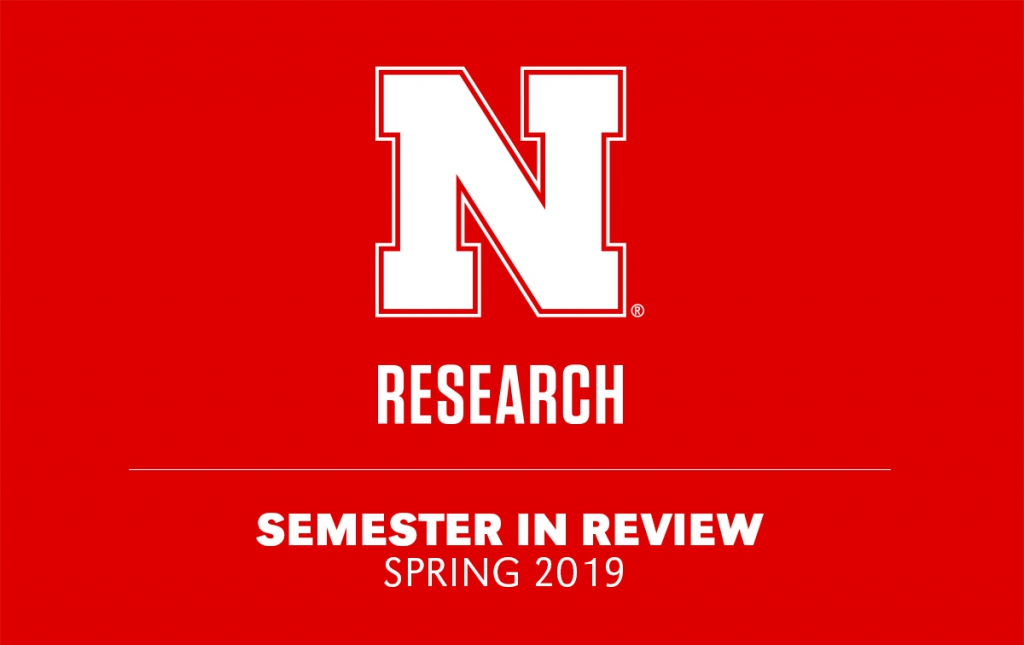News for Researchers Slideshow
Posted May 3, 2019 by jbrehm2
From winning major awards to earning the academy’s top honors, Nebraska faculty have demonstrated that hard work and dedication pay off. View the slideshow to learn about major research accomplishments from January to May 2019.






